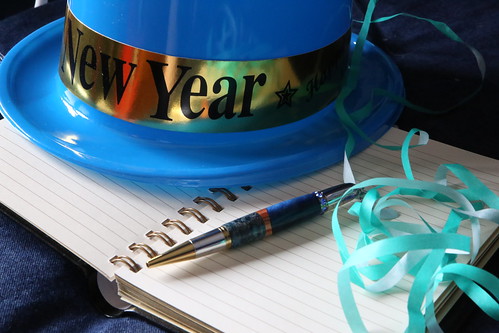The American Library Association’s technical services
division, the Association for Library Collections and Technical Services
(ALCTS), periodically hosts e-forums, “two-day,
moderated, electronic discussion forums that provide an opportunity for
librarians to discuss matters of interest on an ALCTS discussion list.” The
next e-forum, coming up on January 26 and 27, deals with the topic of technical
services and open educational resources (OER) initiatives.
If you are not familiar with the concept of OER, the OER Commons website is a great place to
get more information. According to their About page:
Open Educational Resources (OER) are teaching and learning materials that you may freely use and reuse at no cost. Unlike fixed, copyrighted resources, OER have been authored or created by an individual or organization that chooses to retain few, if any, ownership rights. In some cases, that means you can download a resource and share it with colleagues and students. In other cases, you may be able to download a resource, edit it in some way, and then re-post it as a remixed work. How do you know your options? OER often have a Creative Commons or GNU license to let you know how the material may be used, reused, adapted, and shared.
OER Commons collects resources such as this and makes them
freely available to educators. Their resources reflect a number of subjects,
including law.
There are, of course, other legal open educational
resources, such as CALI’s Free Law Reporter, and Harvard’s Free the Law
initiative. OER initiatives could have a big impact on law librarianship, and
the upcoming ALCTS e-forum should provide interesting insight into the role of
technical services staff in these initiatives.
To participate in an ALCTS e-forum, you must sign up for
their email discussion list. Instructions for subscribing to the list and
managing your subscription settings can be found on the ALCTS website.
